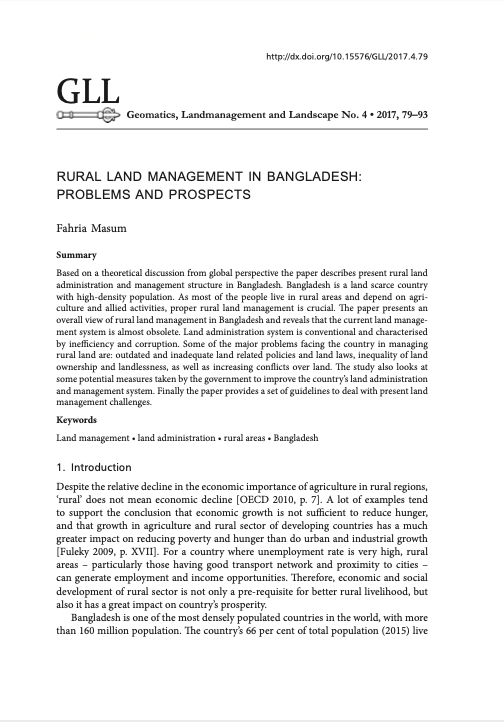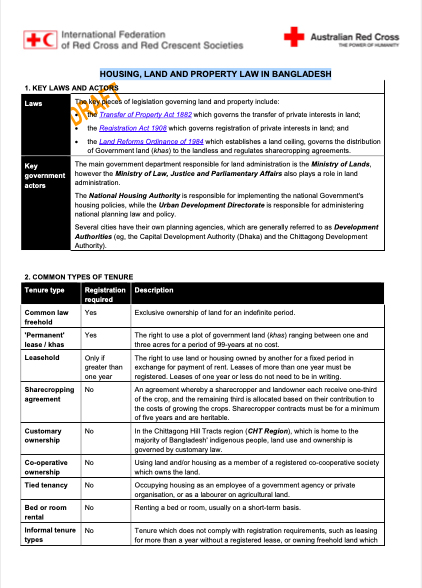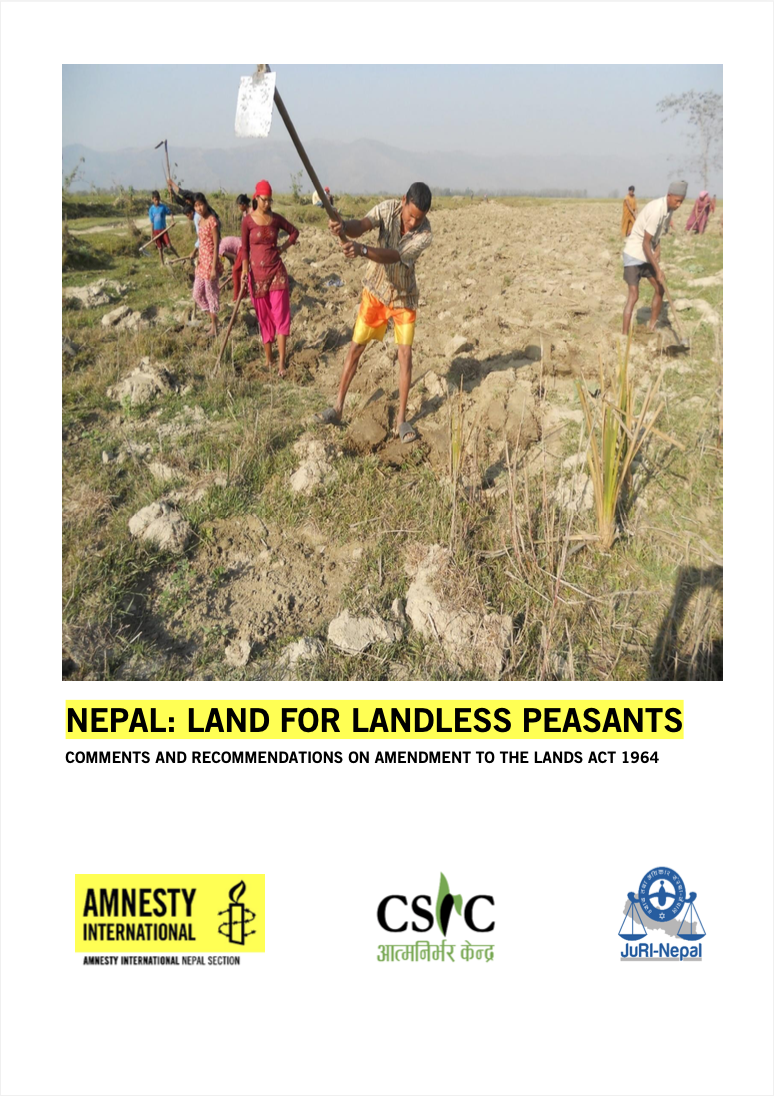Landlessness within the vicious cycle of poverty in Ugandan rural farm households: why and how it is born?
Rising poverty in rural Uganda is linked to increasing landlessness, as the latter drives land degradation and reduces agricultural productivity. This paper examines the complex relationship between owning land and poverty. It identifies effective strategies and land policy guidance to address this concern.



